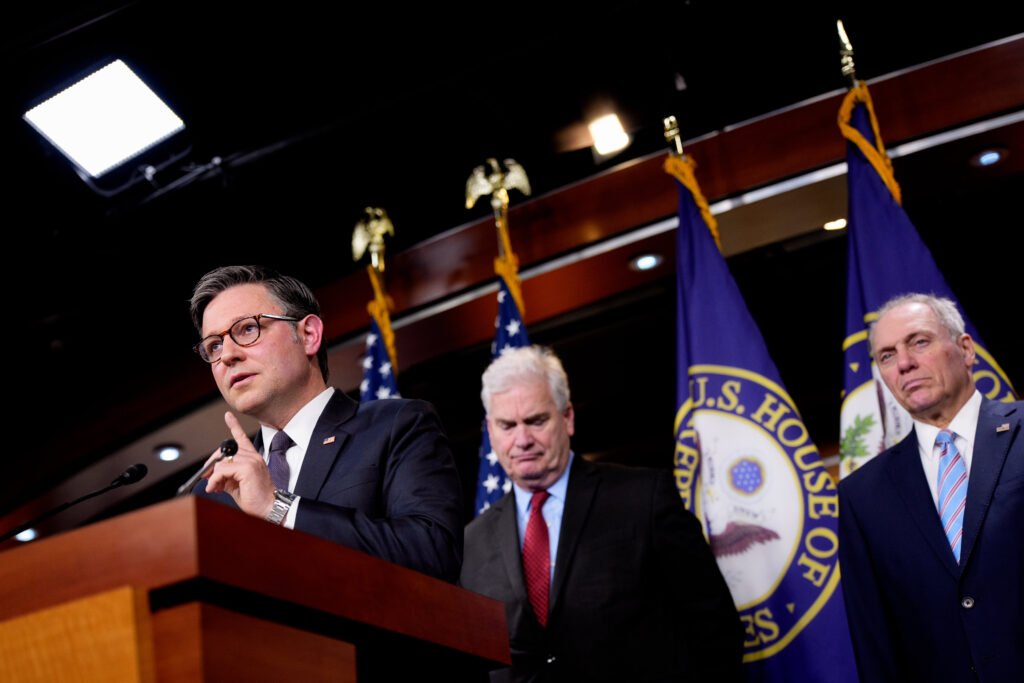The ongoing debate over Medicaid reform has once again taken center stage in Congress, with Republicans proposing significant changes to the government health program. The GOP’s latest proposal includes requirements for enrollees to work, volunteer, or study, as well as increased cost-sharing for recipients. These changes are aimed at addressing the rising costs of the program, which have nearly doubled in the past eight years.
However, the road to Medicaid reform this time around may be more challenging for Republicans. The program’s enrollment has reached record highs, with more Americans relying on it for their healthcare needs. This surge in enrollment, particularly in states that have expanded Medicaid, has made it harder for lawmakers to approve cuts to the program.
A recent poll from KFF revealed that a majority of the public, including 55% of Republicans, oppose major cuts to Medicaid. The program has become more popular and essential, covering over 93 million Americans, including 40% of children and 62% of nursing home residents. These numbers highlight the importance of Medicaid in providing healthcare to vulnerable populations.
The GOP’s proposed changes, which include work requirements and copayments for certain enrollees, could potentially result in millions of Americans losing their health coverage. While a work requirement may seem politically viable, the effectiveness of such policies has been called into question, as demonstrated by failed programs in Arkansas and Georgia.
Another challenge for Republicans is the focus of their reform efforts, which are primarily aimed at offsetting tax cuts passed under the Trump administration. This shift in focus from fixing the healthcare system to funding tax cuts may further complicate the push for Medicaid reform.
Despite these challenges, Republicans are determined to push forward with their proposals. However, the strong defense of Medicaid from Democrats, healthcare providers, and consumer groups remains unchanged. Critics argue that the GOP’s plan will result in more uninsured individuals and strain healthcare providers.
As the debate over Medicaid reform continues, the outcome remains uncertain. The GOP’s proposal still needs approval from Senate Republicans, and the strong opposition from Medicaid supporters could potentially derail the reform efforts. The future of Medicaid hangs in the balance as lawmakers grapple with the complex issue of healthcare reform in America.


